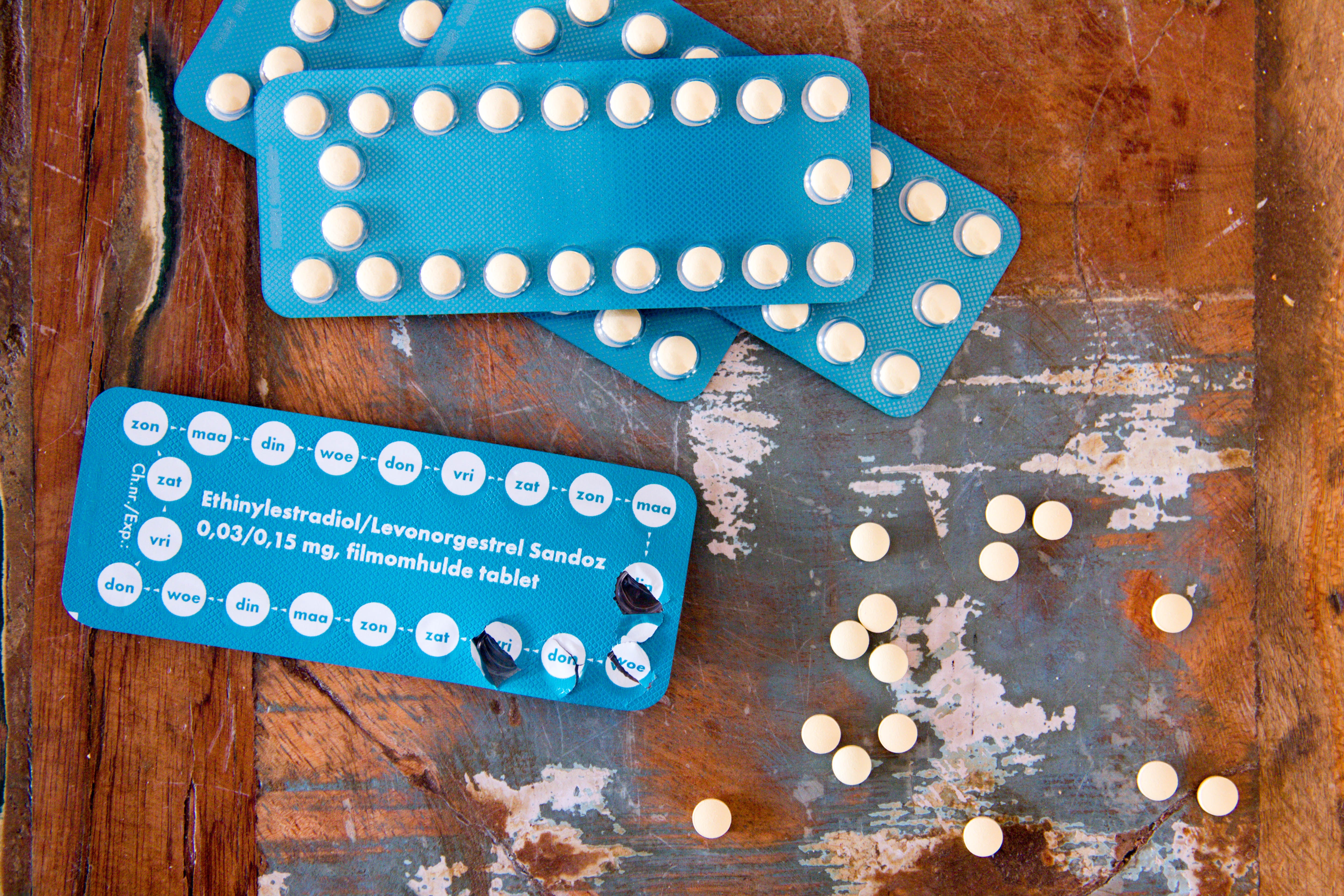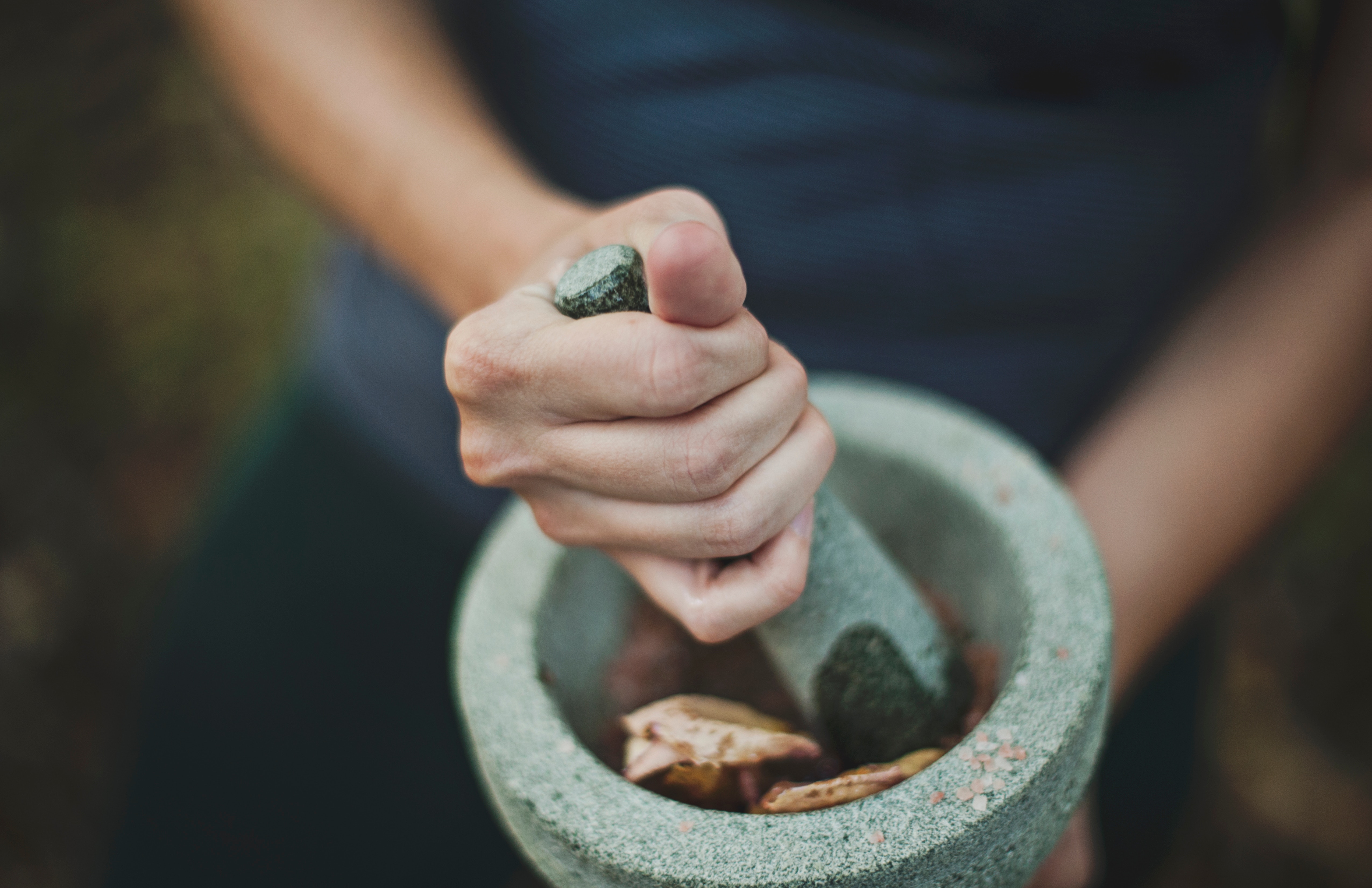What are conventional medical treatment options for PMS?
- The pill/coil. Inhibiting ovulation has been the traditional choice of treatment, however, the use of hormonal contraceptives has not been well studied. Some women benefit from them, but others find their symptoms are worsened.
- Antidepressants (such as fluoxetine or sertraline) have been shown effective for behavioral and physical symptom amelioration1 even with intermittent dosing (just in the second half of the menstrual cycle). (2)

What are complementary and alternative medicine treatment options?
Nutritional supplements
- Vitamin B6 and Fish oils have been shown to help in treating PMS.(3,4)
- Although it is often tempting to keep trying to find a quick fix, these are only supplements to a healthy diet (link to Part1)
- Also note the section below “When will I feel the difference?”

Homeopathy
The best course of action is homeopathic constitutional treatment.
“Constitution” describes person’s state of health, including their temperament and any inherited and acquired characteristic.
However, some local remedies are well worth trying:
- Sepia for PMS with apathy, irritability and tearfulness
- Calc Carbonica for PMS with swollen, tender breasts
- Pulsatilla for PMS with sell-pity and depression
- 30c twice daily for up to 3 days. (5)
Herbal remedies
Most of these herbal medicines contain plant analogues to estrogen and progesterone that help to balance these hormones in the female body. Although there are few studies published on their efficacy some women find the following herbs useful:
- Agnus Castus (Vitex agnus castus) – helpful in PMS with depression
- Black Cohosh (Cimicifuga racemosa) – helpful in PMS with anxiety and premenstrual headaches and migraines.
- Caution: herbs may interfere with The Pill, Fertility drugs, HRT or any other hormonal treatment
Acupuncture
- Many women find acupuncture helpful and it has positive effect in scientific studies.(4)
As an integrative doctor, I would suggest a combination of approaches to treat PMS depending on individual symptoms, past medical history and other factors.
If you would like help with managing PMS naturally, please contact 01962 856310 or email enquiries@thenaturalpractice.com to book an appointment.
You can read more about Dr Mishanina here
References:
- Wyatt KM, Dimmock PW, O’Brein PMS. Selective serotonin reuptake inhibitors for premenstrual syndrome. Cochrane Database Syst Rev
- HalBreich U, et al Efiicacy of intermittent, luteal phase sertraline treatment of premenstrual dysphoric disorder. Obstet Gynaecol 2002;100;1219-1229.
- Whyatt KM, Dimmock PW, O’Brein PMS. Efficacy of vitamin B-6 in treatment of premenstryal syndrome: systematic review. BMJ 1999; 318:1375-1381.
- Stevinson C, Ernst E. Complementary/aleternative therapies for premenstrual syndrome: a systematic review of randomised controlled trials. Am J Obstet Gynaecol 2001; 185:227-235.
- Lockie A 2006 Encyclopaedia of Homeopathy. London, UK: Dorling Kindersley limited.




